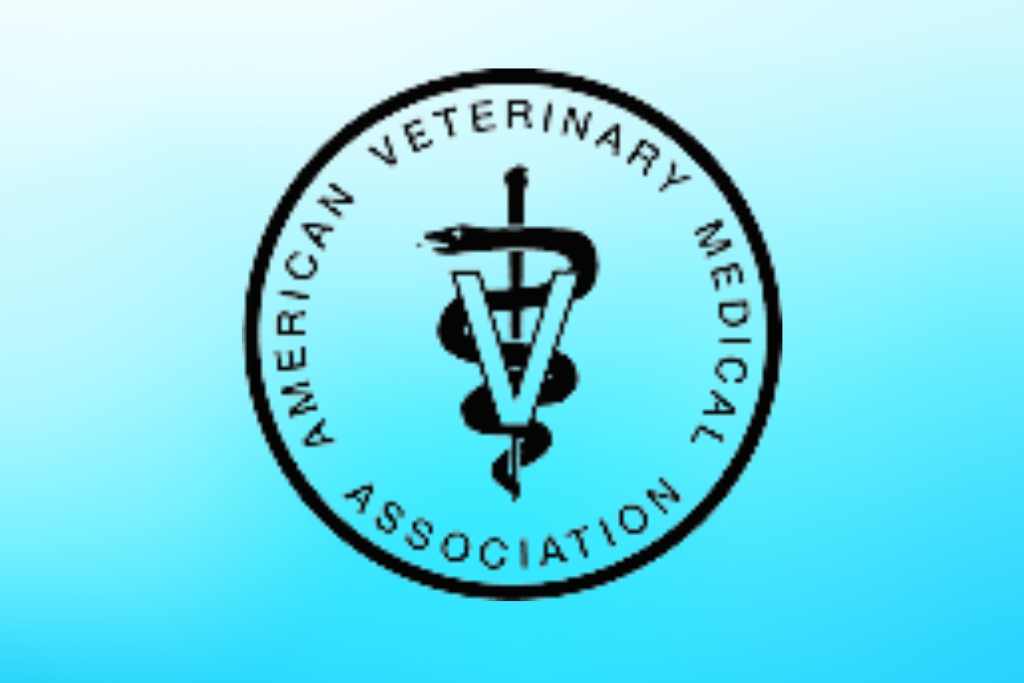Teach Readers About Homeopathic Veterinary Medicine
Homeopathic veterinary medicine was developed as a means of treating both humans and animals. It is a practice that is based on the philosophy of combining conventional and complementary medicines. This method has been approved by the American Veterinary Medical Association (AVMA) and is used in many veterinary clinics across the country.
Early homeopaths treated both human and animal patients
Early homeopaths were known to treat both humans and animals. Their practices reflected a philosophy of health that is based on the idea that disease is caused by an interference with the body’s natural ability to heal itself. Homeopaths are known for their empathic nature and non-judgmental approach.
In the mid-nineteenth century, veterinarians used homeopathic texts that were developed specifically for their profession. The homeopaths would cross-reference remedies with the symptoms of the patient.
Early homeopaths also discovered that remedies could be succussed and diluted, which reduced the risk of side effects. These early treatment methods resulted in a more potent healing response than other forms of therapy.

Today, homeopathic remedies are produced through serial dilution. Each remedy is derived from substances in one of the three kingdoms. Some of these medicines may be used as a treatment for asthma, otitis media, childhood diarrhea, and other ailments.
However, determining whether the treatments work is a difficult task. Many of the medicines are marketed as alternatives to licensed pharmaceutical products. Often, they are administered when conventional drug-based therapies fail.
In the early eighteenth century, Samuel Hahnemann, a German physician, introduced homeopathy into medicine. He believed that every animal had a constitutional remedy, which he sought to find.
Integrative medicine combines conventional and complementary medicine
Integrative medicine is a combination of conventional medical techniques with alternative treatments to improve your pet’s health. This combination can result in fewer adverse effects and quicker healing. In addition, integrative medicine has the potential to prevent illnesses and toxic chemicals from entering your pet’s system.
Although integrative veterinary medicine can be complex, it is an important part of your pet’s health care. This approach to veterinary care may include physical rehabilitation, chiropractic care, nutritional supplements, and acupuncture.
Using the holistic approach, your veterinarian will look at your pet’s entire body in order to treat or prevent disease. The most successful treatments are the ones that take into account your pet’s entire health and well-being.

An integrative veterinarian can help you get the most out of your treatment plan. They should provide you with factual information about the benefits and risks of each therapeutic option. You should also ask questions regarding your pet’s course of care.
One of the best parts of this integrative veterinary approach is that it takes into account your pet’s lifestyle and preferences. It is also an effective means of treating a wide range of ailments.
One of the most effective aspects of integrative veterinary medicine is the use of natural remedies. Some of the most popular treatments include herbs, acupuncture, and vitamin C IV therapy. These techniques have been shown to improve your pet’s healing, relieve pain, and reduce nausea.
AVMA policy on complementary, alternative, and integrative veterinary medicine
The American Veterinary Medical Association (AVMA) has published its guiding policy on Complementary and Alternative Veterinary Medicine (CAVM). AVMA represents 80% of licensed veterinarians in the U.S., so this policy represents a considerable amount of power.
The AVMA policy on complementary and alternative veterinary medicine is based on the principles of sound science. While the evidence for some medical therapies may not be conclusive, AVMA believes the safety of all veterinary therapies should be demonstrated by scientific methods.
AVMA’s policy on CAVM provides a framework for veterinarians to evaluate their own practices. Veterinary organizations, including the AVMA, should take a principled stand against nonsense.

Although the AVMA supports the use of a variety of therapies, the organization has been critical of homeopathy. Despite being a widely accepted practice, there is little to no scientific evidence for the effectiveness of homeopathy. The AVMA believes homeopathy has no more extraordinary claim to legitimacy than any other practice.
Veterinarians should be aware of the state and federal laws that govern their practices. They must also respect the privacy rights of their clients. Unless required by law, they should not disclose confidential information without the patient’s consent.
As the use of alternative and complementary veterinary medicines continues to increase, the AVMA is committed to providing a guiding policy on their use. The AVMA does not adjudicate individual treatments but aims to promote the use of therapies based on sound principles.
Final Words
Homeopathic veterinary medicine is a form of veterinary medicine that uses natural remedies to treat the health and well-being of animals. Homeopathic veterinary medicine is different from orthodox veterinary medicine in several ways. For one, homeopathic veterinary medicine focuses on the individual animal rather than the herd.

This allows veterinarians to better understand how an animal’s body works and can more effectively treat conditions such as arthritis, diarrhea, and other problems. Additionally, homeopathic veterinary medicine does not rely on antibiotics or other medications to treat animals but instead uses natural remedies that are specific to each animal.

